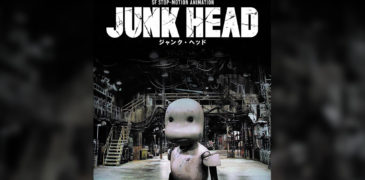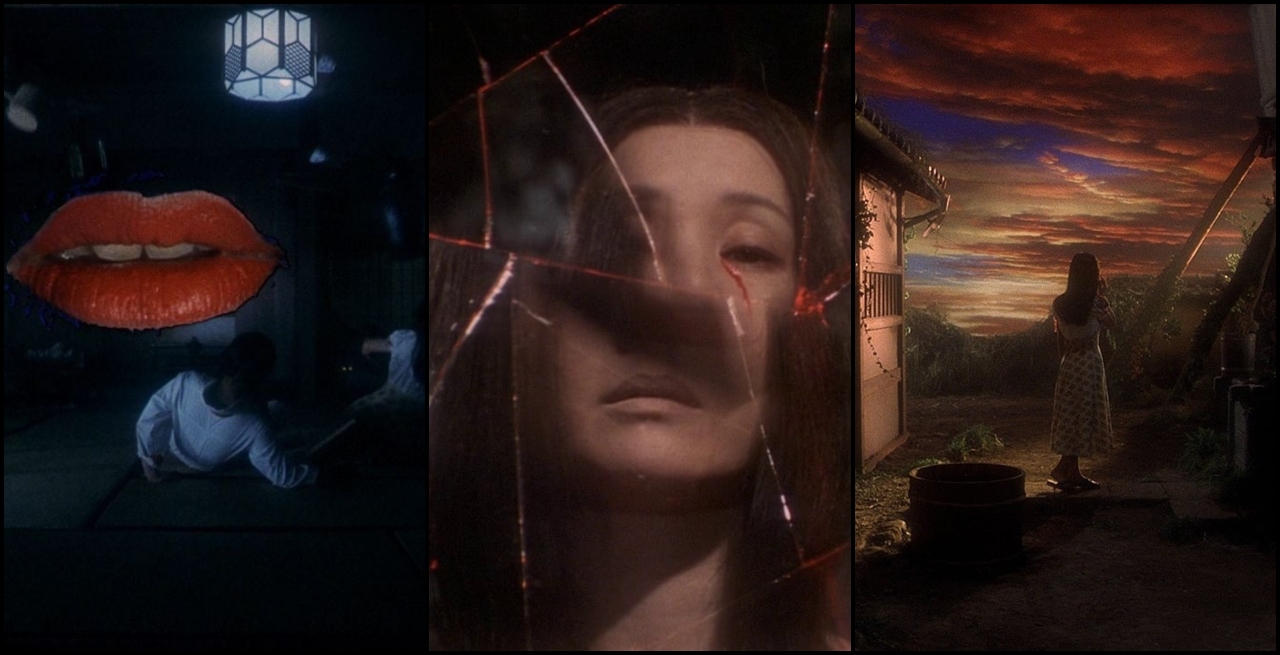
Nobuhiko Obayashi’s House (1977) is memorable as a haunted house movie that defines itself through a whimsical absurdity forming a reality independent from any conventional filmmaking. It presents a cartoonish vision of our world, strange as the uncanny artificial foregrounds and otherworldly lighting; ultimately resembling a family-friendly film distorted into the surrealism of slapstick horrors. As it progresses, it becomes indistinguishable from a fever dream as in Kafka’s short story ‘A Country Doctor‘ – reality is wholly uprooted from the facsimile of any usual setup. The triumph of House, however, is supplying comedy in the form of imaginative scenarios essentially tongue-in-cheek to standard horror tropes one may expect (e.g. floating head from a well, killer piano, possessed house, evil cat, kung fu), executing these in a manner that playfully contradicts orthodox approaches of the genre itself as a proudly unique entity. If Del Toro’s Pan’s Labyrinth was cleverly crafted dark fairytale in a realistic setting, House is a delirious one with a high concept of theatrically subverting filmmaking trends itself – it’s the director’s vision.
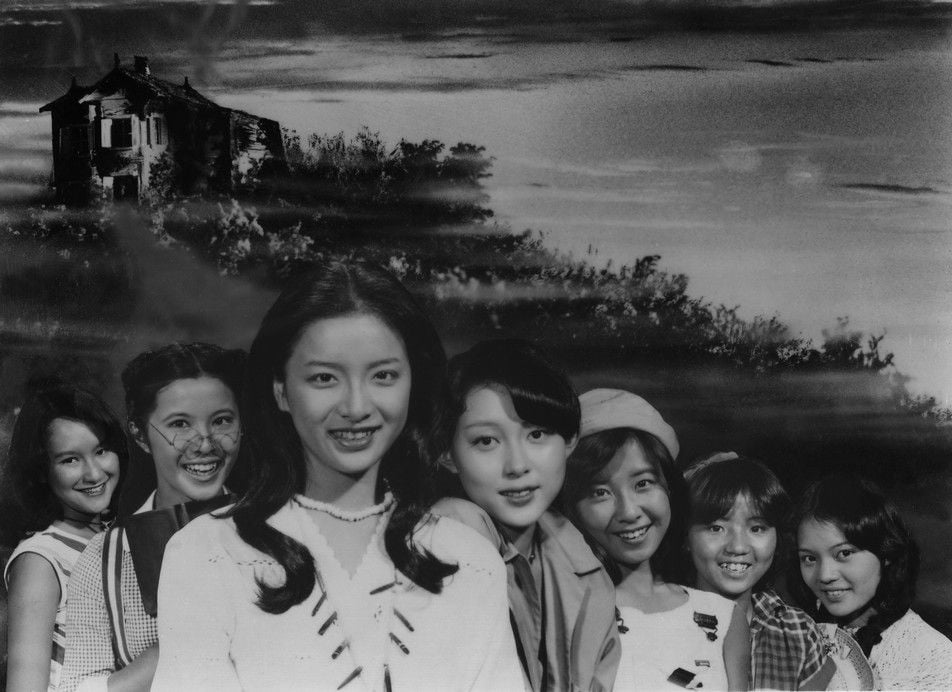
The kitsch attributes of the film are easily overcome with the warmth of colourful interiors, exuberant filters, energetic cast, and the silliness of the plot – a positivity wrapping the film in an undeniable charm, both in identity and also aura, which deflects any more serious critical reception. A post-modern awareness inherent in the film effectively distracts any critique – it seems cognizant of any fault proudly in a childlike thrall to thus disregard any serious contention. The entertainment appreciated ahead of every flaw is only proof of his overpoweringly stylish repository developed from eons in unconstrained experimentalism – it is special enough to provide an exception to otherwise crassly amateur methods: an idiosyncratic appeal.
House follows Gorgeous, who is named after her most salient trait identically to all her companions, as she plans an escape from family drama at home – a trip with six friends, Kung fu, Fantasy, Mac, Prof, Melody, and Sweet, to her aunt’s remote manor that’s an altogether different life to the urban one distressing her mind. As they travel to the destination, the teenage assembly encounters a cartoonish pineapple vendor and this is only the beginning of their pyretic odyssey. Their innocent wonder, however, is soon corroded as their trip into the house warps any enthusiasm, strange horrors besetting any ordinary visit. The fanciful scenarios that ensue, and how characters naively confront these, are the core of the supernatural adventure inside an insidious house, with no rules too weird as an untamed wilderness contradicting any expectations.
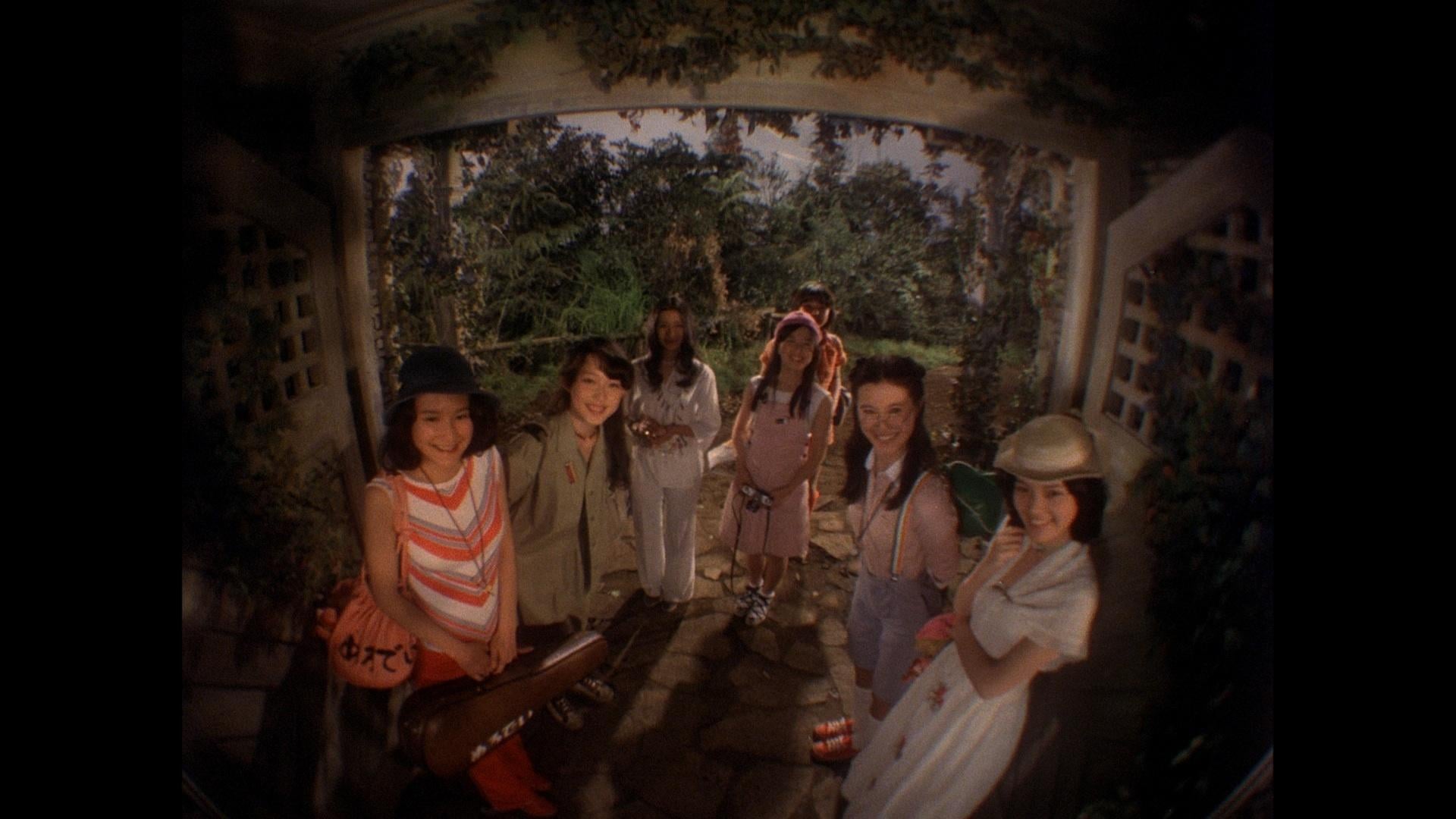
Toho Film Studio conceived a plan for a horror movie to follow the successful example of Jaws (1975), and Nobuhiko Obayashi was conscripted to adapt an endearing screenplay sure to captivate popular audiences. Fortunately, studio leeway enabled him to be relatively experimental, for which he was famous, in his approach, affording considerable creative liberty to transmute his hyperbolic antics into mainstream media. Consulting with his daughter, and adopting his wacky experience as a commercial creator, the director envisioned a house that eats people and weaponizes every object inside, no matter how silly – a demonic residence. The release was an unexpected commercial success and enshrined the director himself as an auteur – a man whose vision and techniques would carry any production to a fantastically innovative result.
Playfully eccentric in sophomoric special effects – which surprisingly adapt well to the fantasy world already established – and with a chirpy score intermixed with silly character highlights, House is a movie inventing itself as a unique cultural experience, absolutely certain to be immersive in the intrigue of how different it is; nothing else compares to the quirky characters, campy effects, and ridiculous nature thus constituting a weird tone. Nobuhiko Obayashi would later become distinguished for quixotic poetry of emotive, subtext-laden material, and acclaimed for his distinctive set design achieving visual flair from the colour palette to the radiant decorations, but Western audiences first became aware of his existence from the campy lunacy that is House (1977) – a galvanizing cult classic distributors such as Criterion and Eureka have eagerly released. House embodies an individualistic ingenuity unlikely to ever be replicated.
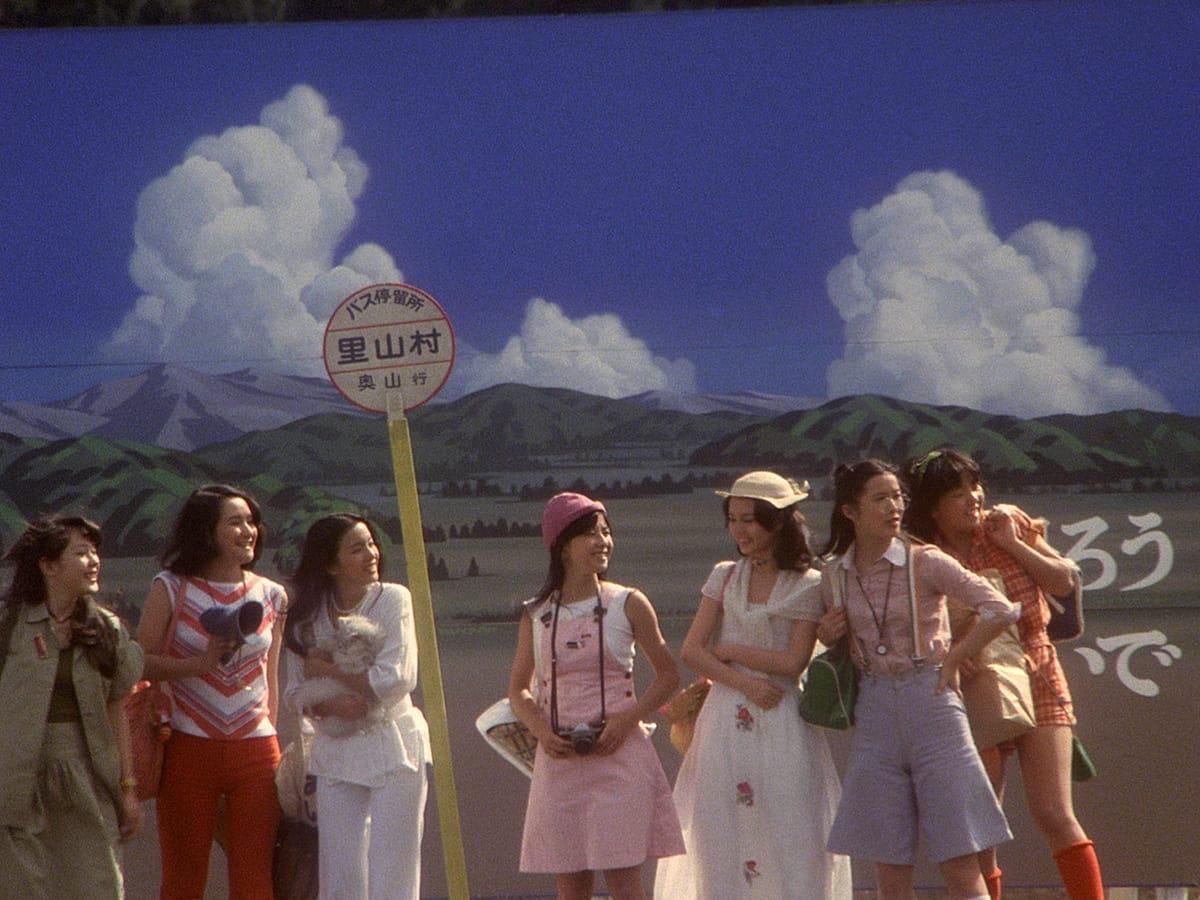
House (1977) is a Japanese horror comedy that has no qualms about being itself ludicrously, contouring a surreal identity to embed itself into every cinephile’s vocabulary as a notable phantasmagoria that rewards viewers with electing weird amazement. Every effect, moment, and dialogue is miraculously balanced to the fanciful design to seem so deliberate as theatrical design and less amateur forays, interweaving every segment into a capricious vision of experimental adventurism where our usual standards should not apply.
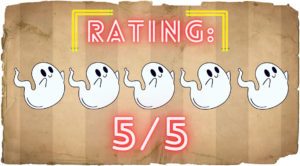
More Film Reviews:
Edge of Sanity is a 1989 American slasher horror, directed by French director Gérard Kikoïne in one of his last films in the director’s chair. The story combines elements from… A bizarre blend of Phil Tippett’s Mad God and Dario Argento’s Suspiria, Robert Morgan’s feature debut Stopmotion (2023) is an indie horror film that weaponizes the maddening process of stop… Devils is a 2023 South Korean crime thriller, written and directed by Kim Jae-Hoon in his first feature-length work. The film stars Jang Dong-yoon (Project Wolf Hunting), Jae-ho Jang (The… With the year drawing ever closer to its conclusion, we cast our mind’s eyes back on the monumental releases over the past 12 months. Join us at Grimoire of Horror… Tales from the Rez is a captivating look into the ghost stories of the Blackfoot Nation, presented in a format that’s instantly familiar to lovers of horror anthologies! Director Trevor… Junk Head is a 2017 dystopian stop-motion animation film, written and directed by Takahide Hori. The film is based on the director’s 2013 first short film Junk Head 1, whose…Edge of Sanity (1989) Film Review – Anthony Perkins Exploitation Classic
Stopmotion (2023) Film Review – The Magic of Animation
Devils (2023) Film Review – The Freakiest of Fridays
Grimoire of Horror’s Top Films of 2023
Tales from the Rez (2023) Review – Blackfoot, Black Comedy [Blood in the Snow Film Festival]
Junk Head (2017) Film Review – Superb Stop-Motion Cinema
Some say the countdown begun when the first man spoke, others say it started at the Atomic Age. It’s the Doomsday Clock and we are each a variable to it.
Welcome to Carcosa where Godot lies! Surreality and satire are I.
I put the a(tom)ic into the major bomb. Tom’s the name!

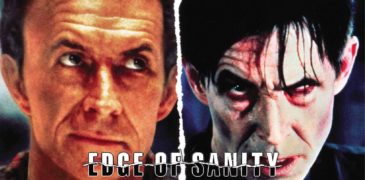
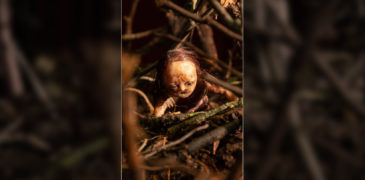
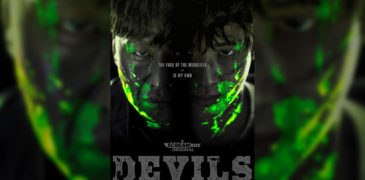
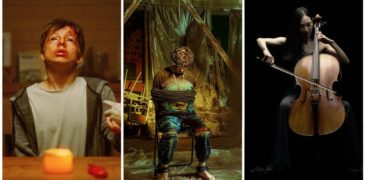
![Tales from the Rez (2023) Review – Blackfoot, Black Comedy [Blood in the Snow Film Festival]](https://www.grimoireofhorror.com/wp-content/uploads/2023/11/tales-from-the-rez-cover-2-365x180.jpg)
